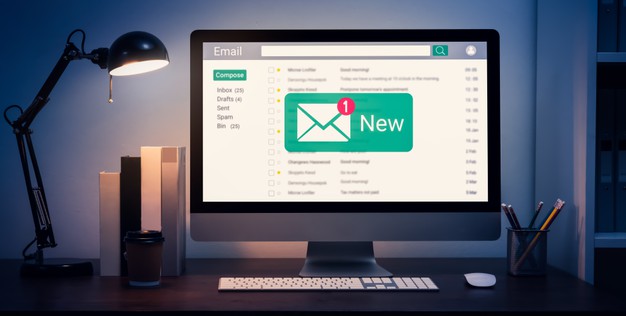Self-employment can be the ideal choice of work for many people, giving you the opportunity to decide where and how you’d like to work, who you work for, and the hours that you put in. Being self-employed gives you a chance to do work that you enjoy and be your own boss, giving you more freedom compared to many employment options.
However, the downside to self-employment is that you might encounter problems with getting paid. Unpaid invoices are one of the biggest problems that self-employed workers face, along with issues getting the right amount of pay for the work that they do.
Here are some tips to keep in mind to make sure that you’re getting paid in full and on time:
Keep a Timesheet:

Get Paid When You’re Self-Employed
If you are working for a client who is paying you by the hour, make sure that you are accurately recording the number of hours that you are working, and don’t rely on your client to track the work for you.
You can use this work hours timesheet calculator to determine exactly how many hours you are owed pay for by simply recording when you start work when you finish, and any breaks that you take in the day.
Make Payments Easy:
Unpaid invoices are one of the biggest obstacles that you might face when self-employed, so make sure that your clients can’t say that it was difficult to make the payment. If you’re sending paper invoices or making it tricky for clients to figure out where to send the payment, you won’t be doing yourself any favors.
It’s worth investing in invoicing software that you can use to easily send your clients an email with your invoice and an option to make the payment instantly online.
Send Your Invoice Early:
After working long and hard hours for your client for the past few weeks, you might be looking forward to having a break – but don’t step away from your desk until you have sent your invoice. Invoicing too late is a common mistake that many self-employed people make that leads to unnecessary delays in their payment. Ideally, you should update your invoice as you go along so that once you’re finished with the job, it’s ready to send to your client straight away.
Reward Quick Payments:
You might find that rewarding clients who pay quickly are a good way to incentivize them to make their payments as soon as they receive the invoice so that they don’t miss out on a special offer or the opportunity to save money in the future. This can also be a great way to encourage your clients to return to you by offering them a discount on their next order for paying early, for example.
Request a Deposit:
One of the main risks of being self-employed is not getting paid for the work that you do. In some cases, self-employed workers have worked for hours or perhaps even days or weeks on a project only to end up getting paid absolutely nothing for it. Or perhaps your services are booked, only for clients to cancel on you at the last minute.
It’s frustrating and unfair, and if it keeps happening to you, it’s probably time to ask your clients to pay a non-refundable deposit to make sure that you’re not completely out of pocket in this situation.
Have Clear Terms and Conditions:
Having clear terms and conditions is crucial when you are self-employed so that your clients know where they stand when it comes to making payments, canceling services, and everything else that they need to know.
If you work on an appointment basis, for example, it can be frustrating if a client does not show up for the appointment or cancels right at the last minute, so be clear about how much notice you will require if a client would like to change or cancel their booking.
Send Reminders:

If you sent an invoice to a client a while ago and haven’t heard back from them since be proactive about it. Send reminders – they might have overlooked it, after all – but if you’re still not getting a response from them, it might be time to pick up the phone and have a chat.
If you’re dealing with clients who are refusing to pay you, you can take it a step further by getting in touch with a debt collection company that may be able to buy their debt from you and try to recuperate it from the client from there.
Self-employment is ideal for many people, but it comes with the additional risk of not being paid. To make sure that you’re always paid on time and in full for the work that you do, keep these strategies in mind.




























